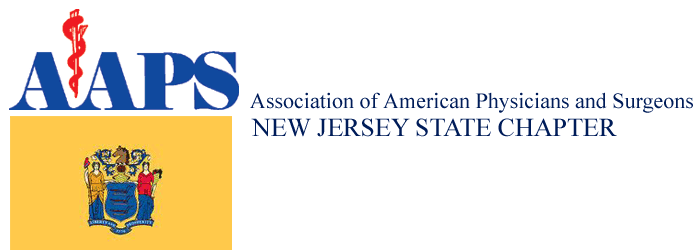EMRs Not Streamlining the Practice of Medicine
 Tuesday, October 11, 2011 at 08:55AM
Tuesday, October 11, 2011 at 08:55AM by Craig Wax, DO
Lately the voices to buy, implement, and use EHRs (electronic health records) are deafening. Eligible professionals who implement a certified EHR system and demonstrate meaningful use can receive up to $44,000 over 5 years under the Medicare EHR Incentive Program. To be eligible for the maximum incentive payment, Medicare-eligible professionals must begin participation by 2012—which is not very far off in the future.
Even physician licensure boards are now recommending the implementation of EHRs. According to a recent article, "The Federation of State Medical Boards (FSMB) says it recognizes that electronic health records could be used by doctors both to improve patient outcomes and assess ongoing clinical competence for purposes of medical licensure." (HealthcareITnews.com, September 14, 2010)
Promises and rumors about EHRs abound. EHRs make you more efficient and, at the end of the day, more profitable. EHRs are stable and can be accessed anywhere via the Internet. EHRs reduce or eliminate errors, therefore reducing your malpractice liability. Quite frankly, I believe that these claims are without merit and supporting data—in fact, at the present time, I would call them "bunk."
A CLOSER LOOK
When you look more closely, many of these deafening voices have a financial interest in EHRs. Some of the voices are EHR salespeople or even physician EHR consultants who make money off the deal and aren't objective in their views.
Government leaders decided earlier this decade that they were going to target physicians with EHRs. Why? The reason is that the insurance industry and government can't access our data while it is on good old reliable standard paper. I believe that they want this data so that they can change the system by which we are paid, or in other words, find a new way to deny pay for physicians and therefore reduce "health expenditures."
Standard indemnity insurance, PPOs, and even HMOs didn't reduce the costs of care. In the end, to the insurance companies and to the government, it is all about costs. Don't let them fool you with the latest, emperor-has-no-clothes "pay for performance" quality care rewards that are currently being promised. I don't believe this will improve care or provide a return on investment for your medical education, training, and experience.
My office has been set up as what I would consider to be a "patient-centered medical home" since I started the practice in 2001. We see all ages for just about all issues, including primary and secondary prevention. We write prescriptions, perform tests, do procedures, and coordinate referrals. Half of the work has become focused on insurance and billing issues, though.
We have to determine patients' insurance eligibility before they even set foot in the office. Then we have to determine their copay and other specific insurance requirements. If we order a cardiac stress test or MRI, we must spend time and effort pre-authorizing the procedure through their insurance system. We even have to prior authorize most branded medications through a similar process for every new prescription or when patients change insurance or their insurance changes policies at will. This can be yearly or even more frequently.
Then comes the billing piece. We have an outsourced billing service that we pay a percentage to just so that we can enter data and send electronic bills through a clearinghouse to the insurance company so that we may be paid within 1 month. Then comes the fun of reconciling the bills and payments and fighting for what we were inappropriately denied for care already rendered. For instance, our local Blue Cross Blue Shield denied my hospital admission for a 40-year-old woman with chest pain, shortness of breath, and documented pulmonary embolism!
Insurance and government "compliance" are eating up half of the time clock for patient care. When is a physician supposed to make time for actual patient care, let alone continuing medical education and process improvement?






Reader Comments